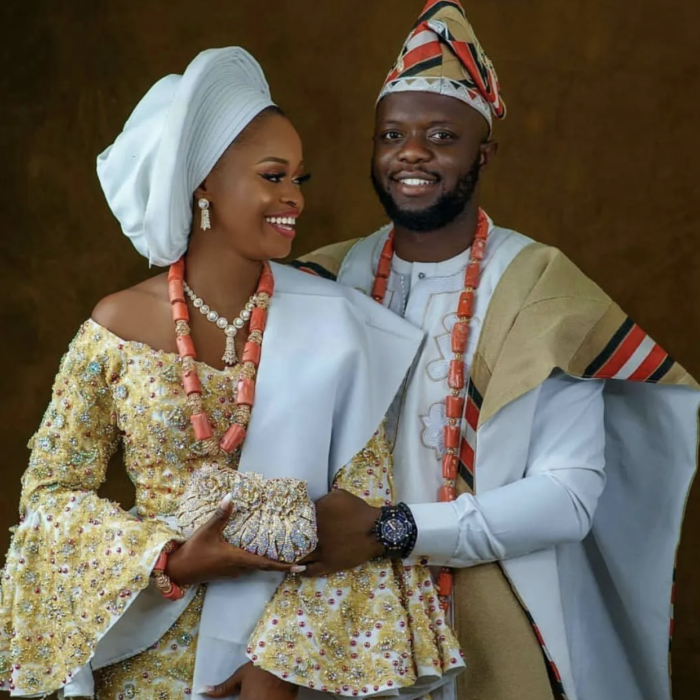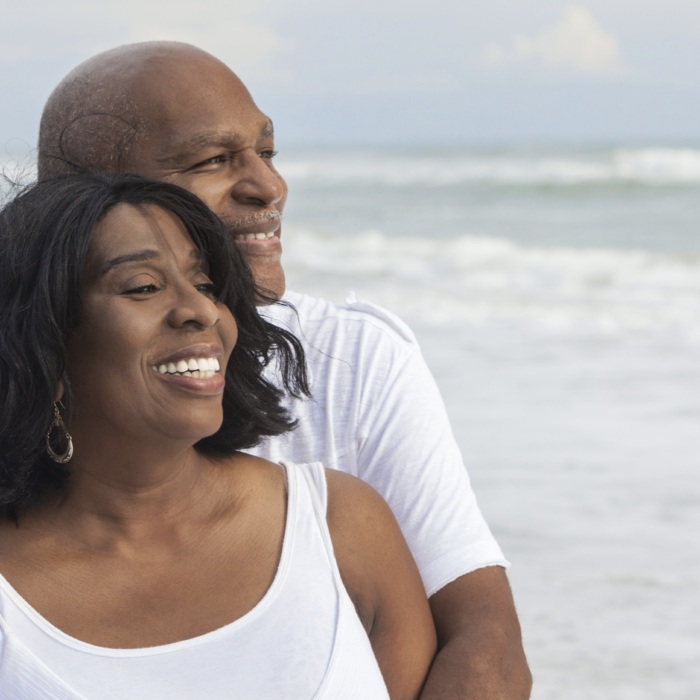By Nnaoke Ufere, PhD
As October 1 approaches each year, I find myself in deep contemplation about Nigeria. I reflect solemnly, tinged with regret, on the decades that have passed since we gained our independence. It’s disheartening to witness a nation celebrating its freedom from colonialism while, paradoxically, 75% of our population still grapples with oppressive poverty and despair.
My thoughts linger on the millions of Nigerians who struggle to put food on their tables and the staggering sum of over $450 billion (World Bank estimate) in oil revenue that has been either stolen or squandered on extravagant projects. I ponder what might have been if only we had visionary leaders with unshakable moral character.
I reflect on politicians who prioritize their personal interests and political parties over the well-being of the nation. Religious leaders who prioritize wealth over the welfare of their followers. Businesspeople who prioritize unearned profits over the public good. Compassion, inclusivity, equality, and morality seem to have been discarded, replaced by a society where everyone looks out for themselves, fostering a zero-sum mentality.
The phrase “One Nigeria” has lost its meaning, becoming synonymous with division. Civic bonds have eroded across the nation, resulting in a pervasive lack of trust in both the government and its leaders. This widespread disillusionment has driven many to forsake patriotism altogether.
Loving Nigeria has grown increasingly challenging. It feels as though nothing is functioning as it should. Our politics, government, society, economy, education, infrastructure, and political and legal institutions all seem to be in a state of disarray. Media speculations about Nigeria’s impending collapse and the proliferation of social media conspiracy theories only compound these concerns.
If everything happening in our country hasn’t broken your heart, then perhaps you don’t love Nigeria deeply enough. To love Nigeria is to feel its pain, to be willing to make sacrifices for its sake.
My feelings toward our country are not rooted in hatred but rather in hope for its potential. I love Nigeria not for its past or present but for the promises that the future holds.
My patriotism for Nigeria runs deep, a profound love for the homeland. However, it is crucial to distinguish between love for the country and regard for the government. Our leaders have yet to earn our respect by governing in the best interests of the people and promoting unity. Therefore, my love is directed toward my country, not its leaders.
What Does It Truly Mean to Love Nigeria?
Loving Nigeria signifies embracing an unwavering sense of patriotism that binds us to our homeland. It’s about cherishing our country deep within our hearts and standing ready to defend its sovereignty through any available means, for Nigeria is our only true home. Everywhere else, we are merely temporary sojourners. Certainly, within my heart, Nigeria remains a distinctive place, even in the face of its challenges.
To love Nigeria is to embrace the incredible diversity that resides within its borders – a tapestry woven from countless tribes, languages, faiths, cuisines, and cultures. This diversity isn’t a weakness; it’s our greatest strength. The sum of our nation exceeds the value of its individual states. It is the wellspring of our competitive advantage. I take pride in being an integral part of this great nation in the making, not a detached observer.
Loving Nigeria means standing firmly against hatred and bigotry while wholeheartedly accepting its diverse populace. My faith in our nation is renewed when I witness, beneath the divisive rhetoric and blame-shifting, the kindness and mutual respect displayed by ordinary people in their everyday interactions.
To love Nigeria is to recognize that the nation itself isn’t inherently flawed; rather, it is the actions of its people that have often fallen short. Nigeria isn’t the root cause of our problems, whether it be corruption, theft, inflation, unemployment, debt, economic stagnation, or poverty. Nigeria isn’t to blame for irresponsible leadership, instability, or insecurity. Nigeria isn’t the embodiment of all our issues; it’s the people of Nigeria.
Acknowledging that Nigeria itself is not the problem but rather it’s Nigerians who bear the responsibility is part of loving Nigeria. Nigeria doesn’t corrupt; Nigerians do. Nigeria doesn’t deplete the treasury; Nigerians do. Nigeria doesn’t rig elections; some Nigerians do. The challenges that Nigeria faces are a reflection of its people, including ourselves.
Loving Nigeria involves actively participating in efforts to shape it into the best version of itself. It entails acknowledging its imperfections, understanding our individual roles in contributing to its flaws, and working collaboratively to build a society where every citizen’s needs are met – love, sustenance, shelter, health, peace, and prosperity – while ensuring equality in all aspects. Loving Nigeria means being willing to make sacrifices for its betterment.
To love Nigeria means embracing it as a dynamic and intricate venture. Nigeria is a complex, challenging experiment in which we all play the roles of alchemists. We may stumble, adjust, face moments of disillusionment, but we must persist until that eureka moment arrives.
Loving Nigeria entails actively engaging in shaping its destiny. It means upholding truthfulness, honesty, and a steadfast commitment to fulfilling our duties to the best of our abilities. It involves rejecting the allure of bribery and having the courage to encourage others to do the same.
To truly love Nigeria is to critique its errors while actively engaging in endeavors aimed at steering it towards a brighter tomorrow. Ask yourself, “What actions can I take today to contribute to the betterment of our nation?” Consider which organizations you can join or establish to help address the pressing challenges our country faces. You’ll be pleasantly surprised to discover many fellow Nigerians who share your enthusiasm and are eager to collaborate with you in the pursuit of improving our beloved nation.
Loving Nigeria means refraining from supporting and voting for candidates who lack the vision, moral integrity, competence, and compassion necessary for effective leadership – individuals who have disregarded numerous laws, actions that would lead ordinary citizens to prison.
To love Nigeria is to champion transparent and fair elections while vehemently opposing any individuals or institutions that seek to manipulate the electoral process or endorse unsuitable leaders.
Loving Nigeria entails fulfilling your civic duty by paying your fair share of taxes to fund public goods and services that enhance our communities and our country.
To love Nigeria is to invest your resources to create job opportunities and uplift the millions of fellow citizens trapped in poverty, facing limited prospects for social and economic advancement, regardless of their tribe or religion.
Despite all its challenges and heartaches, I love Nigeria. It remains the only country we can truly call our own. I will continue in my love for my country, despite its past missteps. My love is not founded on ignorance of its flaws but rather on my steadfast belief in our collective capability to rectify them in the near future.
Wishing Nigeria a joyous Independence Day!





